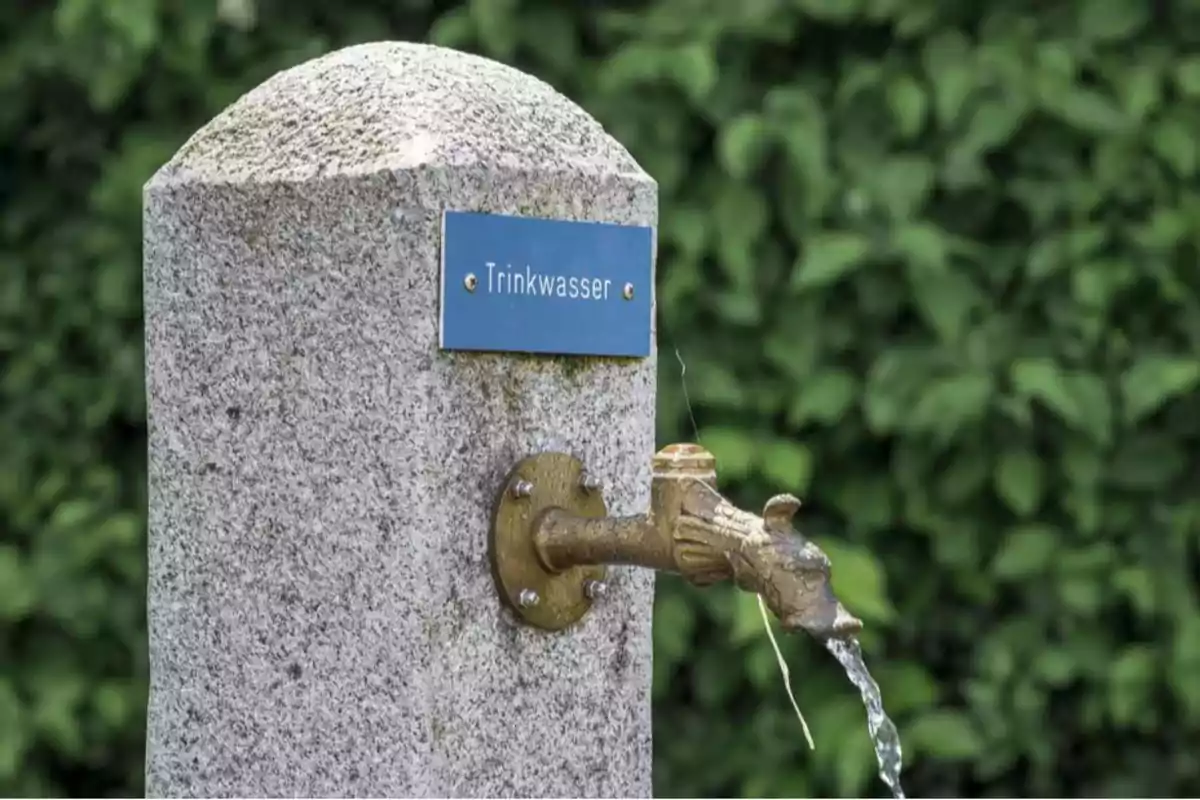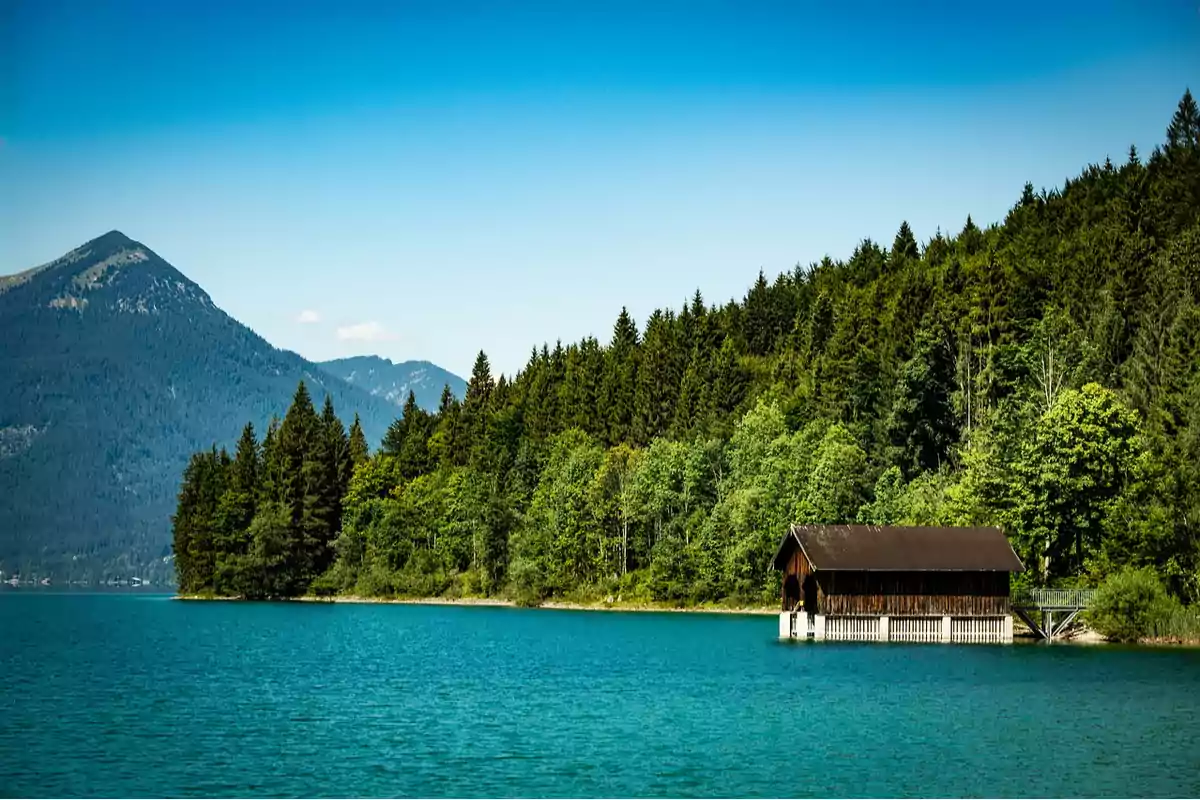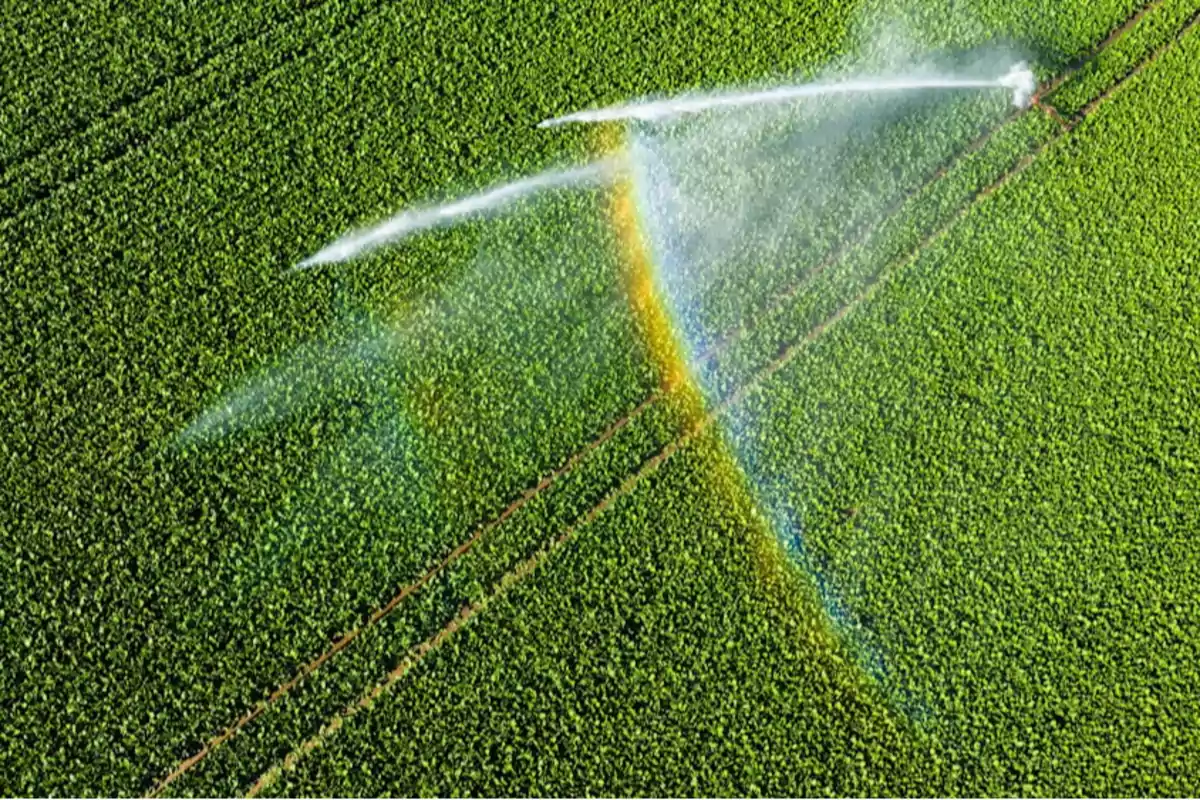
Unbelievable: the state of Bavaria in Germany has approved a tax on water usage
The government led by Minister Markus Söder approved a ludicrous water fee that has caused extremely strong criticism
The Bavarian government, led by Minister President Markus Söder (CSU), has approved the introduction of the controversial "Wassercent," a fee that will impose a charge of ten cents for every cubic meter of groundwater extracted.
This measure will take effect on January 1, 2026, although the collection will officially begin on July 1 of that year. Although it is presented as progress in water protection and a response to climate change, the decision has caused strong criticism due to its design, its multiple exceptions, and its limited capacity for control.
According to the government, the goal of the water tax is to encourage more responsible water use in times of scarcity and climate crisis. Söder justified it by stating that groundwater is Bavaria's "blue gold" and that protecting it is a priority.

A measure that benefits the most powerful.
Experts, environmentalists, and municipal representatives have questioned the effectiveness of the measure, pointing out that the region is plagued by loopholes and benefits for powerful sectors, especially intensive agriculture and industry.
One of the most debated points is the introduction of a franchise of 5,000 cubic meters (176,573 gallons) per year for companies, industries, and large agricultural operations with their own wells, which will only have to pay for the service if they exceed that threshold, while private households will be required to pay the fee from the first cubic meter (264 gallons).
Additionally, broad exemptions were established for uses such as industrial cooling, renewable energy production, fishing, or garden irrigation. Livestock farming is also excluded, which especially benefits agro-industrial operations.

The money collected will end up in the pockets of German politicians.
Another heavily criticized aspect is the absence of effective control mechanisms. Although some demanded the mandatory installation of water meters at extraction points, the government refused.
Instead, the fee will be based on the quantities authorized in existing permits or on voluntary declarations by users. This decision, justified by the intention to avoid bureaucracy, has been seen as an open door to fraud and abusive use of the resource.
The money collected, estimated at about 80 million euros per year, will be allocated exclusively to water protection and management. Nevertheless, critics warn that without a solid monitoring base and without targeting large consumers, this financial contribution will hardly have a real impact on aquifer conservation, but will instead go to the pockets of certain politicians.

More posts: